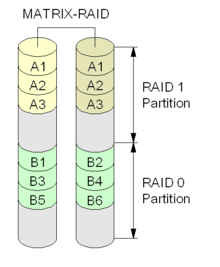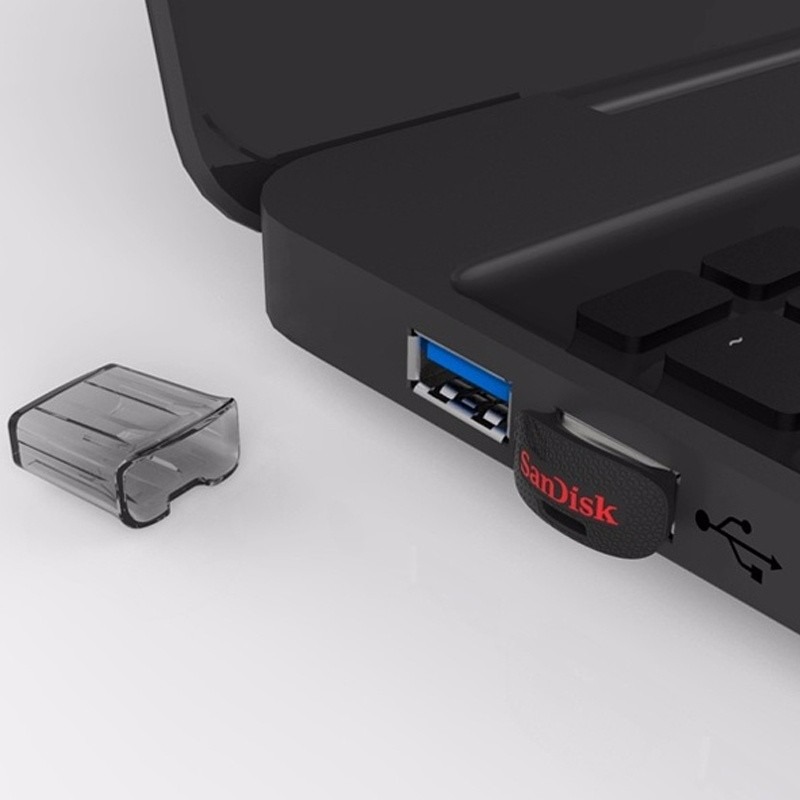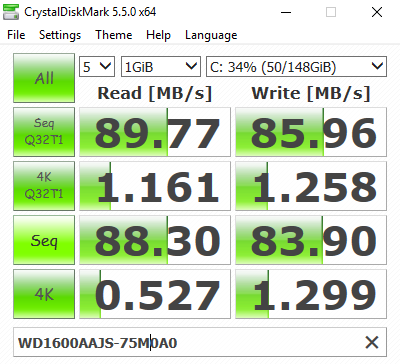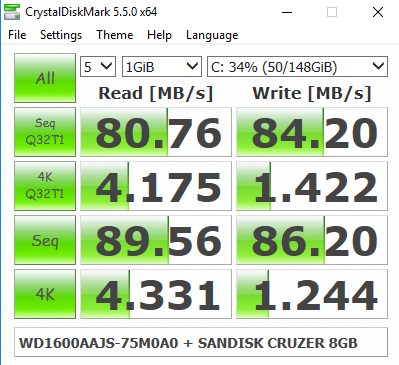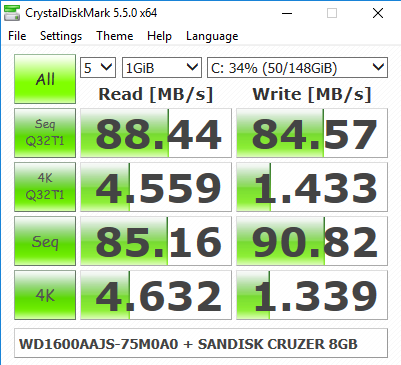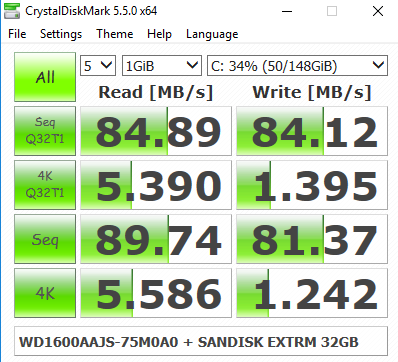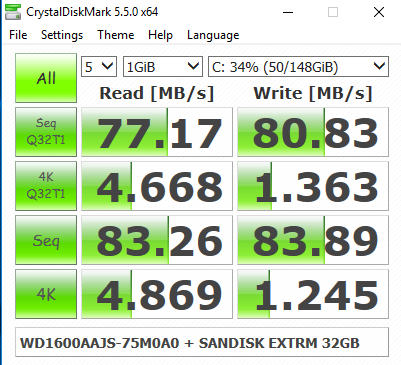cbn
Lifer
- Mar 27, 2009
- 12,968
- 221
- 106
Interested to see how web browsing is affected performance-wise by using a RAMdisk for the temp/cache directory.
I think for someone with a lot of RAM (in relative sense) who multi-tasks (ie, browsing with not so many tabs open while doing something else that writes to disk)....it could hypothetically help.
But for someone (with limited RAM) that likes to have a lot tabs open (and doesn't multi-task) having system RAM allocated to RAMDIsk might cause them to page out more frequently....so overall, probably not a good idea..
EDIT: Back in post #20 I have a link to free RAMDisks one of which is ImDisk which has an option to dynamically allocate RAM.

I wonder if that could work for someone in between the two use case scenarios I described in this post?
Last edited:


